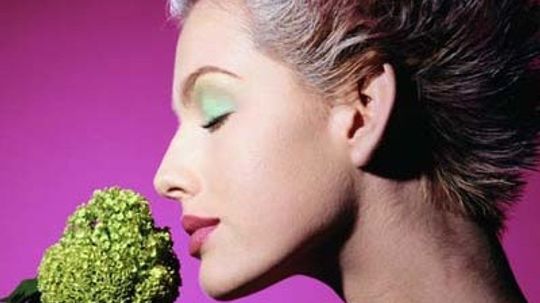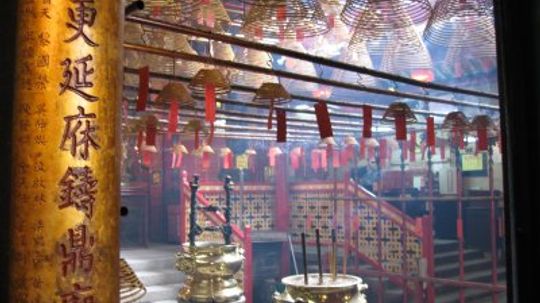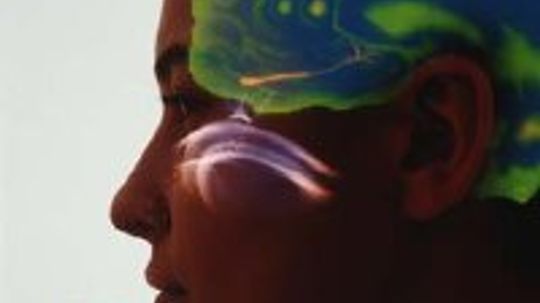Aromatherapy
Aromatherapy is an alternative medicine that uses the smell from essential oils to treat conditions. Learn more about aromatherapy, including what it exactly is, how to practice it and what role essential oils play.
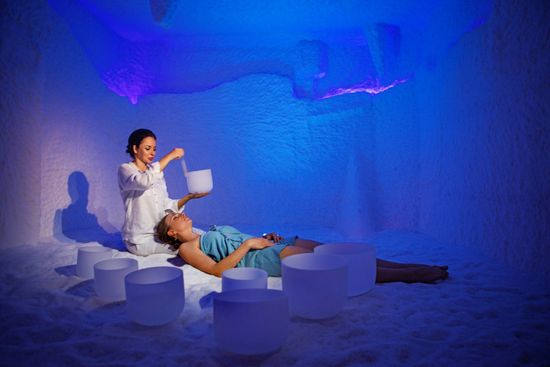
Sound Frequency Healing: The Power of Vibrations for Well-Being
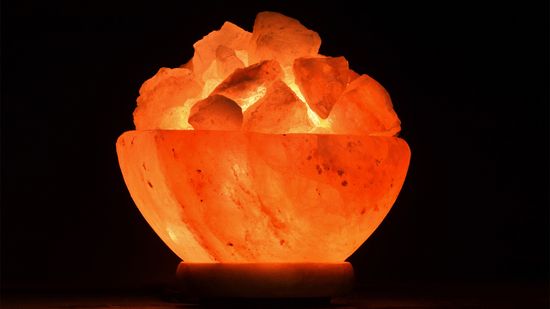
Himalayan Salt Lamps: Health Benefits or Hype?
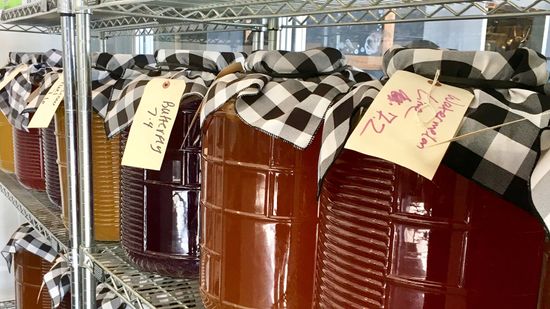
Does Kombucha Really Have Health Benefits?
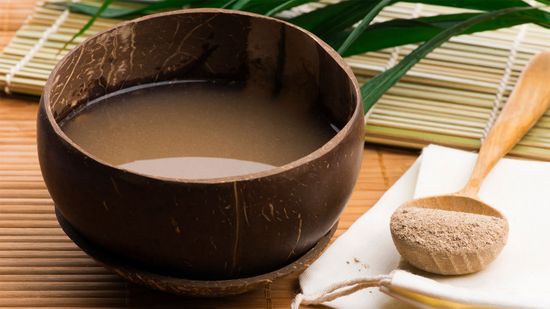
Kava Is Natural and Legal, But Is It Safe?
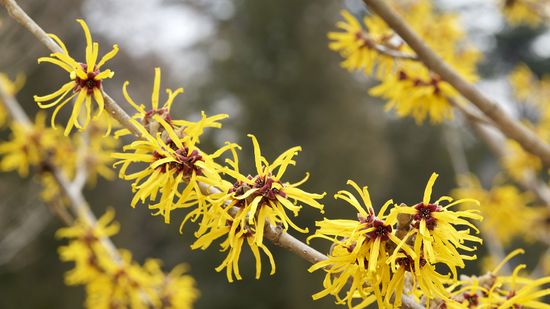
6 Handy Uses for Witch Hazel
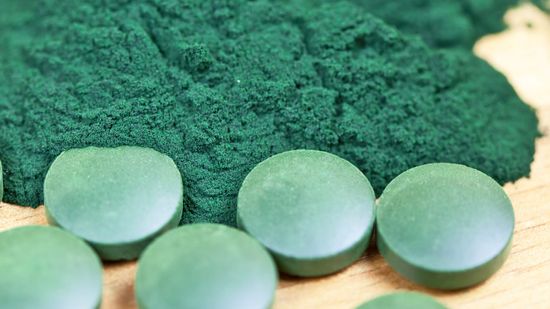
Why People Are Downing Chlorophyll, the Plant Pigment
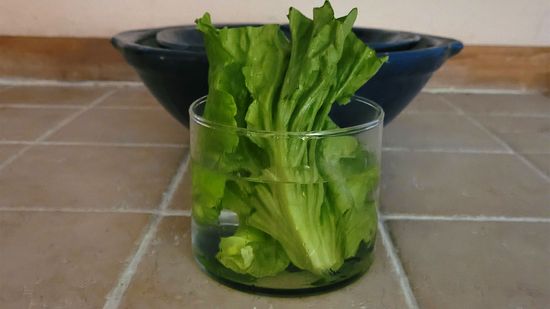
Can Lettuce Water Really Help You Sleep?
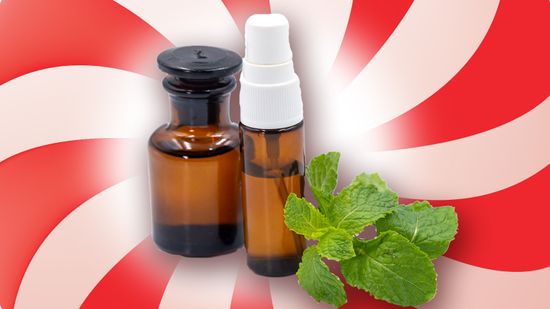
9 Refreshing Uses for Peppermint Oil
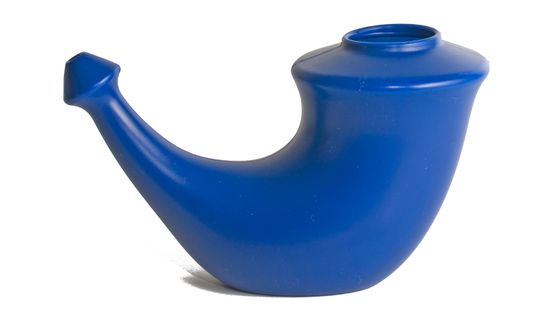
How to Safely Use a Neti Pot
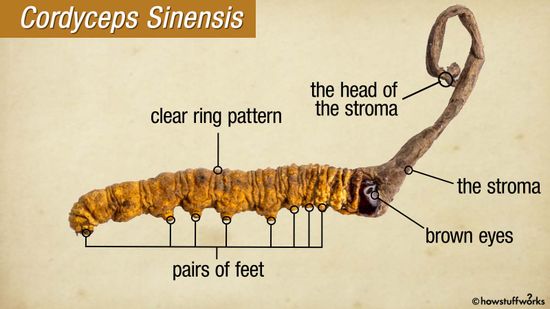
What Does Science Say About the Health Benefits of Cordyceps?
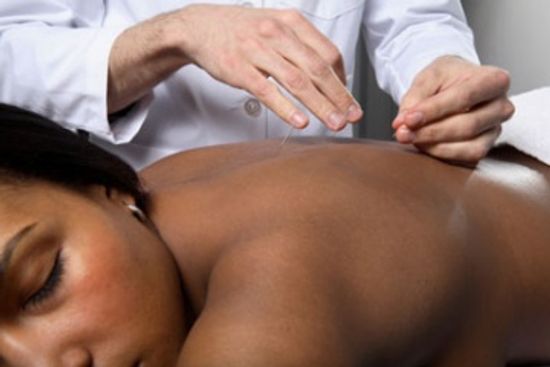
How to Treat Fatigue with Traditional Chinese Medicine

How to Treat Headaches with Traditional Chinese Medicine
Learn More / Page 2
Ginger is a popular sushi sidekick for a reason; it has many digestive benefits. Ginger also flavors many beverages and candies. This essential oil has anti-inflammatory properties. Learn how ginger is used in aromatherapy.
Jasmine's reputation as an aphrodisiac may overshadow its other medicinal applications. This essential oil flavors many teas and can be used as a soothing balm that promotes mental acuity. Learn how jasmine is used in aromatherapy.
Juniper berry essential oil has antiseptic properties, and can also relieve sore muscles. This essential oil has antiviral and antibiotic properties. Juniper can also combat urinary tract infections. Learn how juniper berry is used in aromatherapy.
Advertisement
Lavender is an ancient and popular essential oil with antiseptic properties. Lavender is also shown to improve mental acuity. This essential oil can relieve cramps and soothe muscles. Learn how lavender is used in aromatherapy.
Best known for its clean, sharp fragrance, lemon is a major ingredient in many cleaning products, beverages, cologne, medicines, and more. Learn how lemon essential oil and lemon flowers are used in aromatherapy.
Lemongrass is an important medicinal and culinary herb. Its essential oil, known for its lemon/herbal fragrance, is one of the most popular in the world. Learn how lemongrass is used in aromatherapy.
Myrrh is a spiny tree whose essential oil is distilled from its sap. Myrrh has been used since antiquity to treat a variety of skin and mouth conditions. Learn how myrrh is used in aromatherapy.
Advertisement
Breaking the peel of an orange releases its essential oil, which has a distinctive, lively scent. Learn how orange has been used in aromatherapy throughout history to enhance moods and lower blood pressure.
The heavy scent of patchouli is sensual and exotic to some, yet repellent to others. Patchouli essential oil has antidepressant, anti-inflammatory, antiseptic, and other qualities. Learn how patchouli is used in aromatherapy.
Peppermint is the most widely used essential oil. Its powerful, energizing scent is obvious in many edible and nonedible products. Learn how peppermint is used in aromatherapy as a stimulant and digestion aid.
The ancients burned fragrant rosemary branches to improve memory and purify the air. Discover the many ways in which rosemary essential oil is used in aromatherapy today -- from relieving pain to boosting energy.
Advertisement
The woody scent of sandalwood improves with age. Distilled in India from trees grown in plantations, sandalwood essential oil has been used as an aphrodisiac and a sedative. Learn how sandalwood is used in aromatherapy.
Tea tree essential oil has been called a "medicine cabinet in a bottle" due to its many healing properties, some of which are supported by traditional medicine. Learn how tea tree is used in aromatherapy.
Thyme is cultivated from an evergreen, which gives it its woody fragrance. Thyme essential oil has a strong antiseptic compound that is used in many mouthwashes and cough drops. Learn how thyme is used in aromatherapy.
Ylang ylang has an intensely sweet, floral scent that has been used to sharpen the senses and to temper depression, fear, anger, and jealousy. Learn the many ways ylang ylang is used in aromatherapy.
Advertisement
Treat your asthma with aromatherapy in-between attacks for soothing, natural relief for mind and body. Learn how to use essential oils like eucalyptus and lavender in chest rubs or steams for your lungs.
Essential oils used in aromatherapy can provide chest congestion relief by loosening mucus, calming coughing and fighting infection. Learn how to create aromatherapy-infused vapor rub, soothing steam, and nasal inhalers.
The trunk of the Southeast Asian benzoin tree exudes a delicious, vanilla-scented gum resin. This essential oil has been used since antiquity in medicine and incense. Learn how benzoin is used in aromatherapy.
In order to purchase good quality essential oils for aromatherapy you need to understand how an essential oil is produced as well as what differentiates good and poor quality essential oils. Learn how essential oils work.
Advertisement
The history of aromatherapy is believed to have begun with the burning of fragrant woods, leaves, needles, and tree gums in ancient times. Learn about the history of aromatherapy and incense.
Aroma means scent, and therapy means treatment. Aromatherapy, then, is the use of the fragrant parts of aromatic plants to improve your health and general well-being. Learn about aromatherapy and how to practice it.

